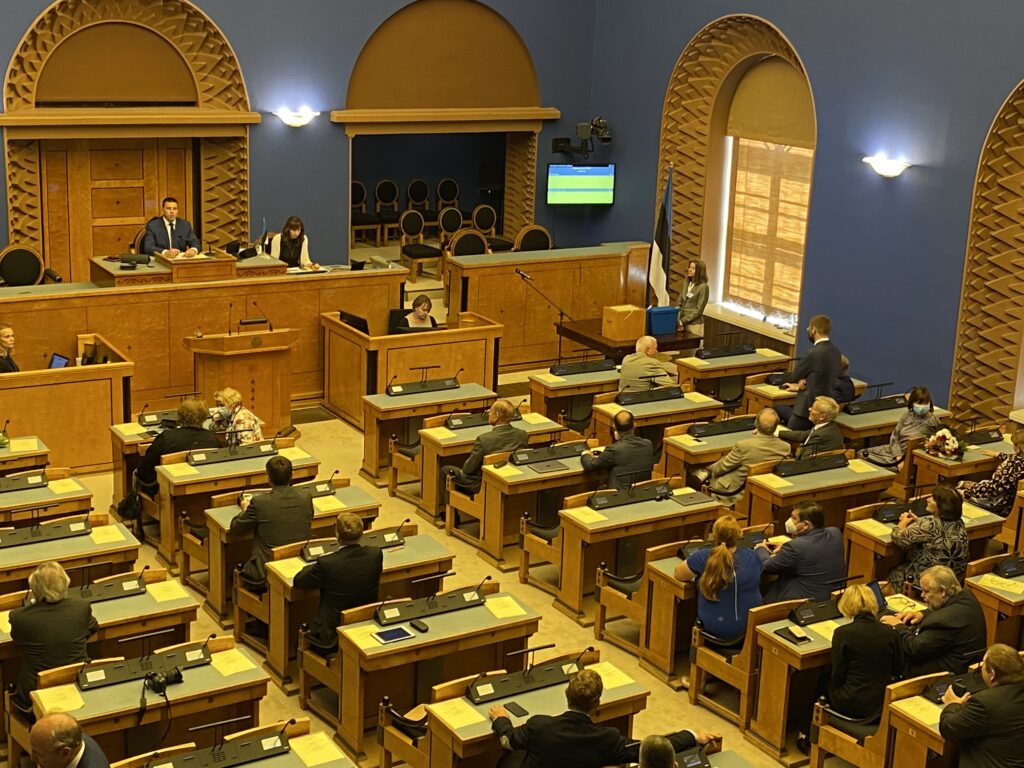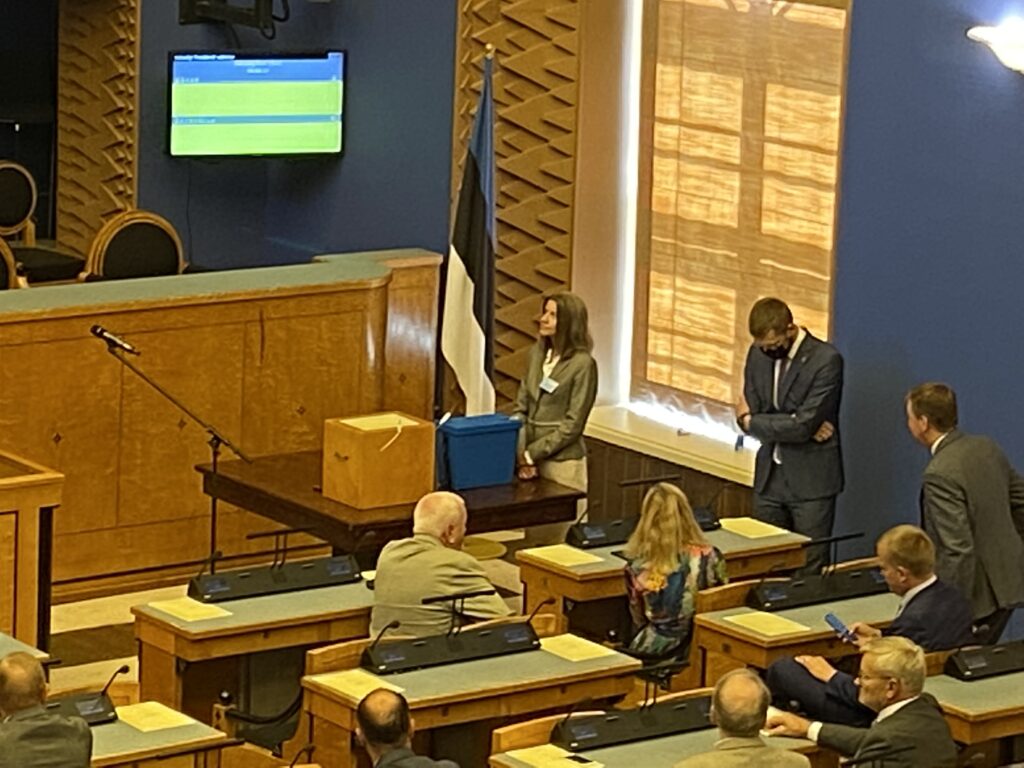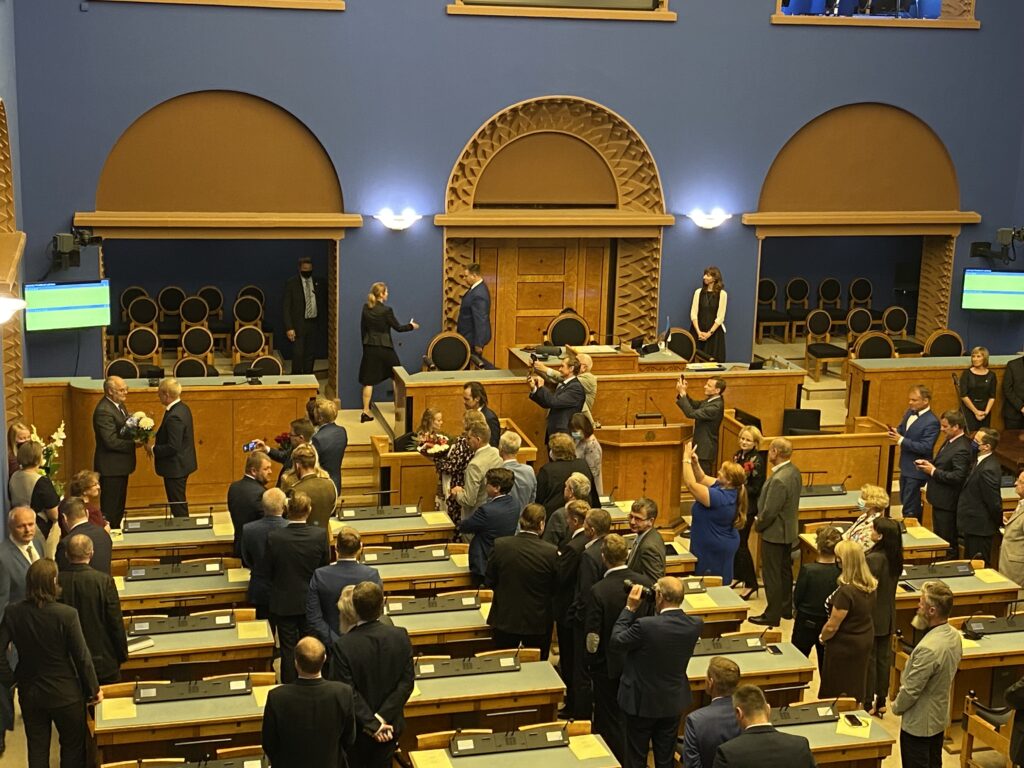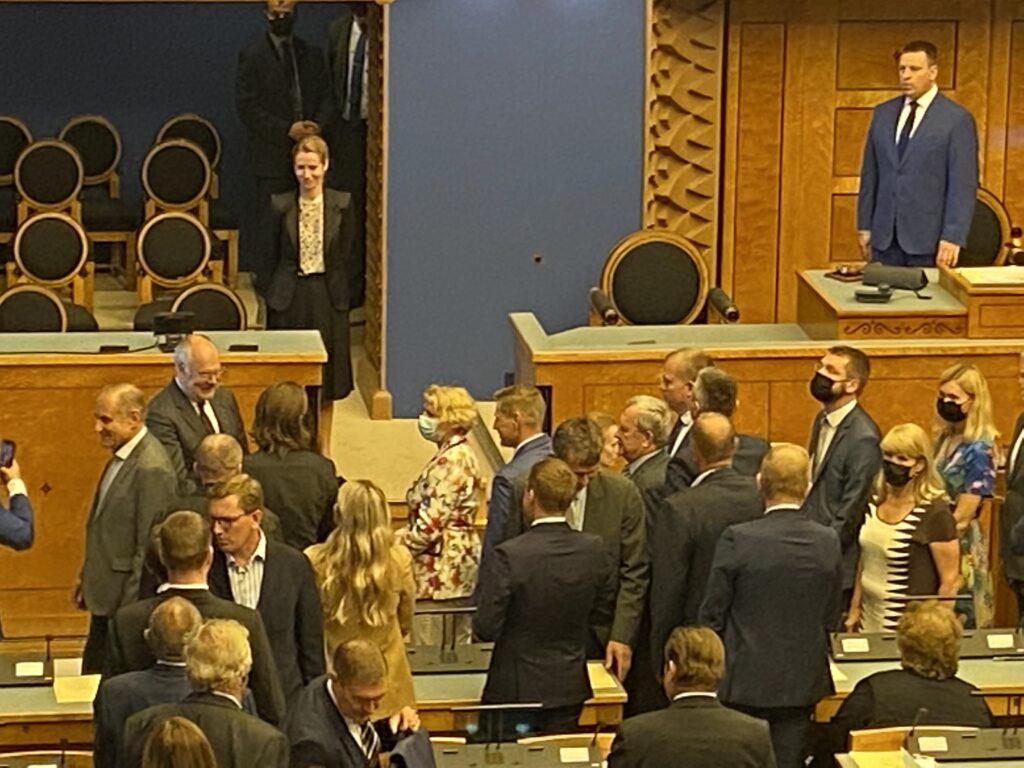On Tuesday, 31 August, the Estonian parliament, Riigikogu, elected Alar Karis the new president of Estonia in a second round of voting; the incumbent president, Kersti Kaljulaid, was not supported by the governing Centre Party and the Reform Party.
Alar Karis (63) was nominated by all 25 members of the parliament’s Centre Party faction and all 34 members of the Reform Party faction.
In a secret ballot, where each member of the Riigikogu had one vote, Karis received 72 votes in favour of his candidacy as the president. Eighty MPs participated in the second round of voting and eight ballot papers were left unmarked.
To become elected the president, the candidate needed a two-thirds majority of the membership or at least 68 members of the 101-seat Riigikogu.
Karis was elected in a second round of voting. In the first round of voting, on 30 August, Karis received 63 votes in favour of his candidacy as the president – meaning he was short of five votes for being elected. Since he didn’t receive the required majority, the second round of voting was held on 31 August and he succeeded.
After the announcement of the result, the newly elected president thanked the parliament for the votes that had been cast for him. “I would like to thank everyone who voted for me, as well as those who did not. I promise to be a good partner to the Riigikogu. Thank you very much,” Karis said.
Academic and civil service career
Alar Karis is molecular geneticist and developmental biologist. He graduated from the veterinary department of the Estonian University of Life Sciences – and has had a long academic and civil service career.
He became a professor at the University of Tartu in 1999. From 2003-2007, he was the rector of the Estonian University of Life Sciences and from 2007–2012, the rector of the University of Tartu.
From 2013-2018, he was the Auditor General of Estonia – the head of the National Audit Office, an independent institution whose function is to investigate how the state and local authorities have spent the taxpayers’ money and what they have given them for it.
Since 2018, Karis has been the head of the Estonian National Museum in Tartu.

Kersti Kaljulaid opposed by Jüri Ratas and the Centre Party
Karis’ nomination was proposed by the former Estonian prime minister and the current parliament speaker, Jüri Ratas (Centre Party), who opposed giving the incumbent president, Kersti Kaljulaid, a second term.
Ratas’s opposition to Kaljulaid is rooted in the period of 2019-2020, when Ratas formed a coalition with the far-right Estonian Conservative People’s Party, known as EKRE, and Kaljulaid publicly opposed many of the viewpoints and statements by EKRE politicians, then holding many key posts in the government.
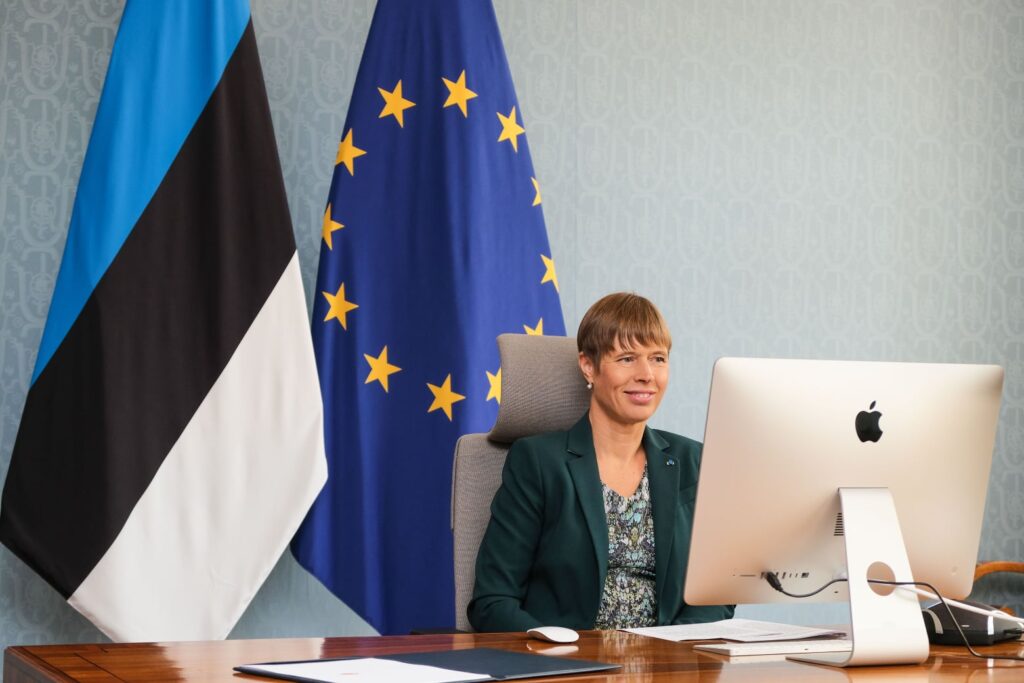
Although while in the opposition, the Reform Party supported electing Kaljulaid for a second term, they had a change of heart, once in power. The party’s leader and the incumbent prime minister, Kaja Kallas, maintained that Kaljulaid lacked necessary number of votes to elect the president in the parliament. The only party in the parliament that publicly voiced their support for Kersti Kaljulaid, was the Social Democrats. However, the party has just 11 MPs in the 101-seat parliament.
Largely representative and ceremonial role
Alar Karis will be the fifth Estonian president since the country regained independence in 1991 – after Lennart Meri, Arnold Rüütel, Toomas Hendrik Ilves and Kersti Kaljulaid. He will assume office on 11 October 2021.
Estonia is a parliamentary republic, where the president serves as the head of the state and has primarily representative and ceremonial role.
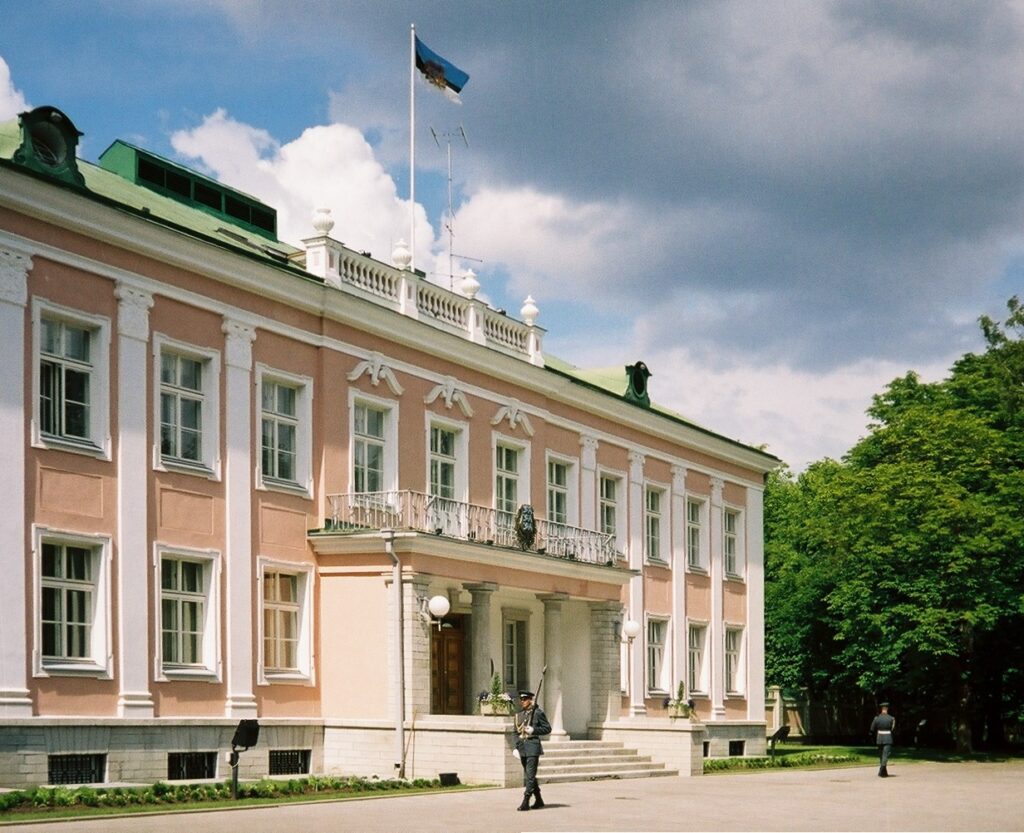
The president proclaims the laws passed in the Riigikogu, and has right to refuse proclamation and return law in question for a new debate and decision. If Riigikogu passes the law unamended, then the president has right to propose to the Supreme Court to declare the law unconstitutional.
Along with the country’s prime minister and foreign minister, the president also represents Estonia in international relations.
Cover: Alar Karis working from home as the Auditor General of Estonia in 2017. Photo by Alar Karis official Facebook page.


